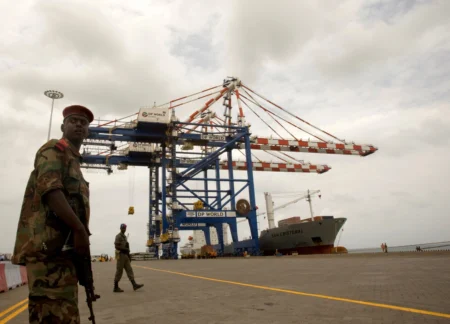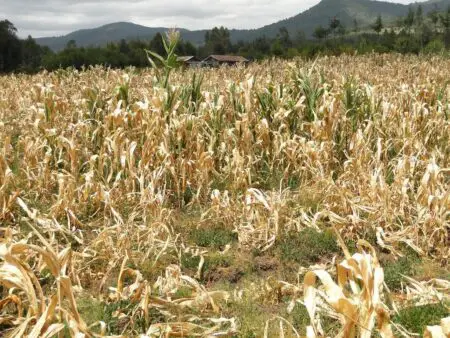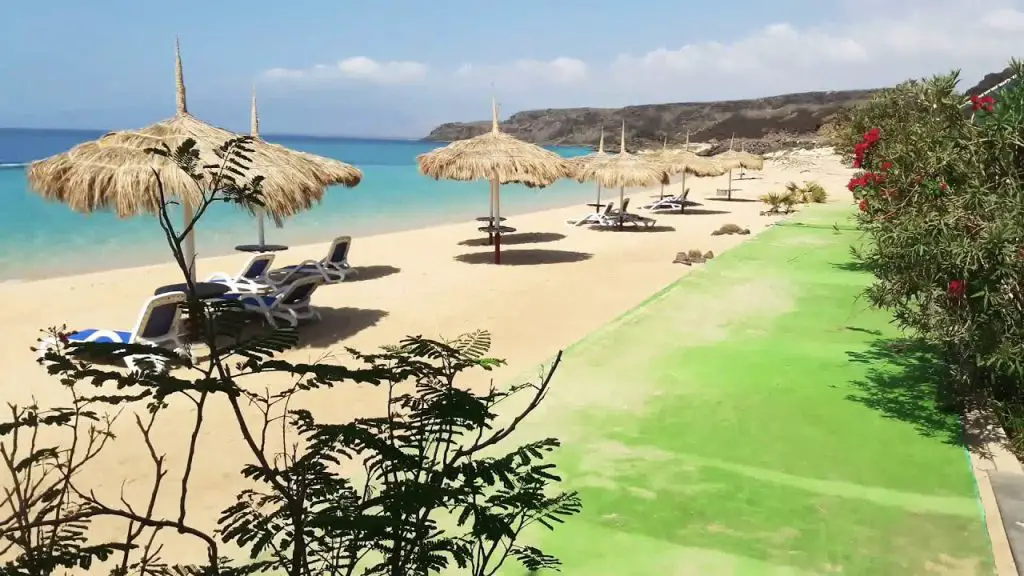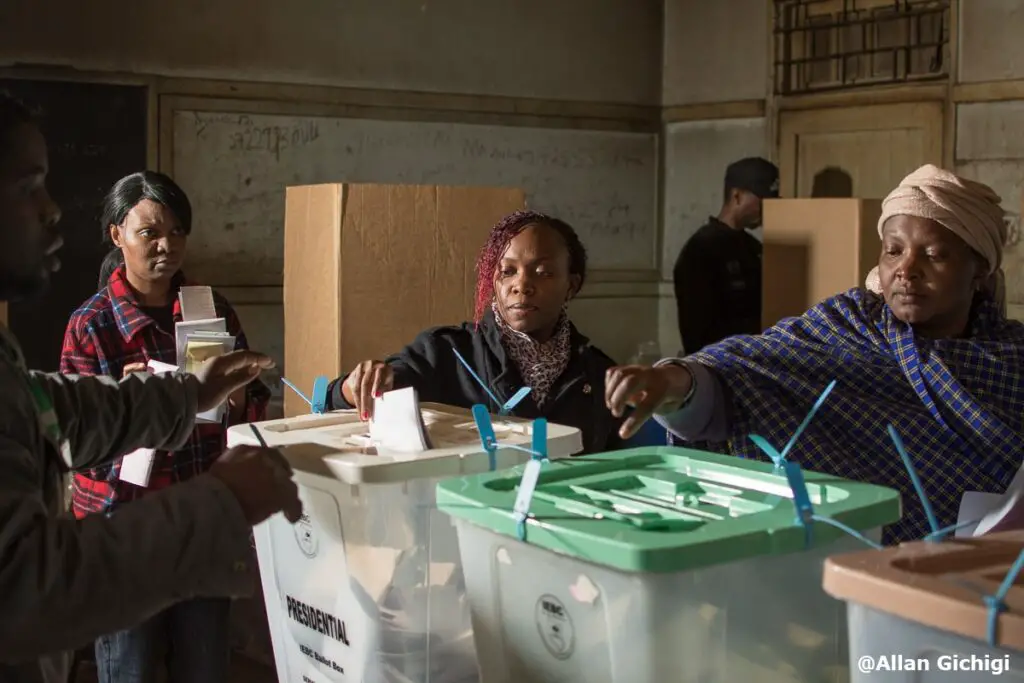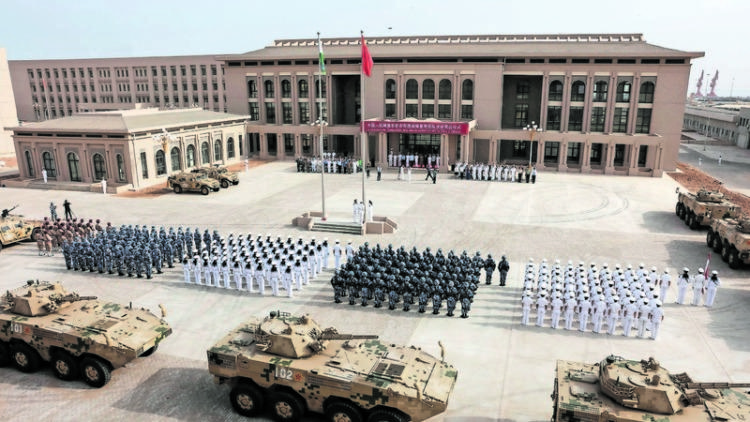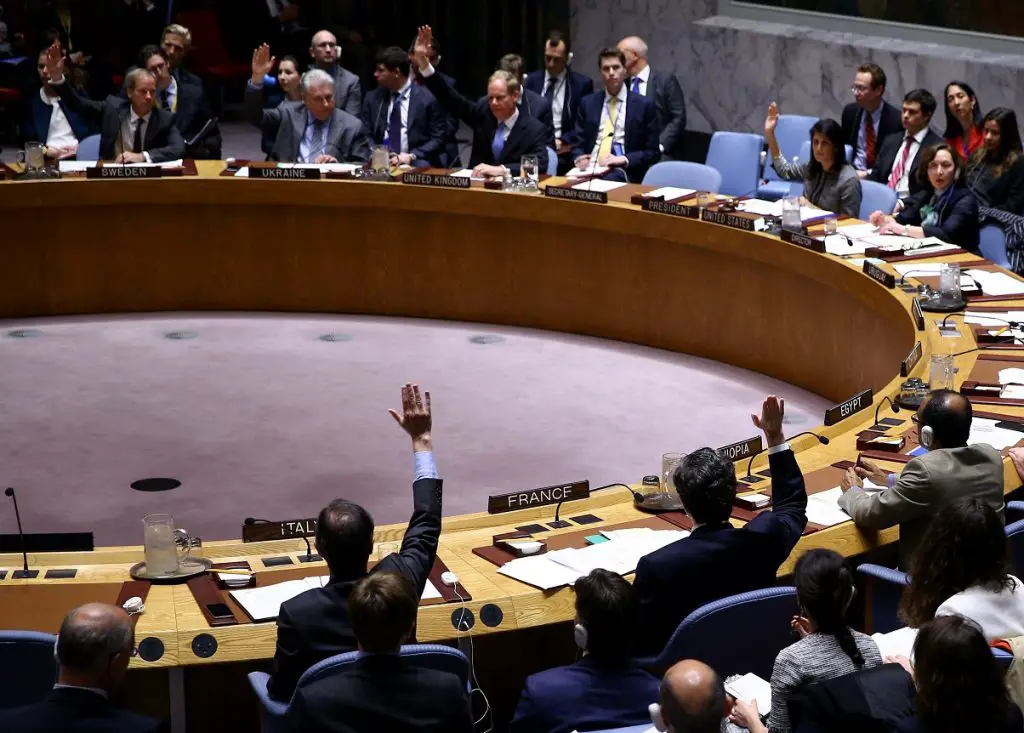- Africa’s new dawn: the rising role of digital and AI in agriculture
- Can Dangote Refinery Transform Africa Energy Ambition
- Gallup Survey: 80 per cent of Kenyan Workers Are Disengaged and Seek New Opportunities
- Madagascar Man Freed from 5KG Tumor After 15-Year Struggle
- How women in Africa are perceived and treated
- Sugar consumption in Kenya to Increase to 1.23 Million Tonnes
- Can Somalia and Turkey Oil deal Bring Change in Somaliland
- Remittances to Kenya dropped to $371.6 million in June, marking a six month low
Browsing: Djibouti
- The EU is supporting efforts in the Horn of Africa that will boost regional economic integration and trade.
- Djibouti’s major trading partner countries include Ethiopia and troubled Somalia.
- Trade Mark Africa is helping implement a single window system which is already in use across EAC.
The EU has expressed its support for Djibouti’s plan to enhance connectivity within the Horn of Africa, a move that will promote trade with Ethiopia, one of the region’s biggest trade partners.
This collaboration is in sync with the African Alliance for e-commerce, a consortium comprising 18 member countries, dedicated to advancing the Single Window concept. This alignment adheres to the recommendations set forth by international institutions.
A pivotal project within the Alliance is the establishment of a Regional Single Window, designed to seamlessly interconnect all national platforms. The overarching goal is to streamline trade processes, bolstering the competitiveness of African nations on the global …
Djibouti is set to receive a $120 million loan from the African Export-Import Bank (Afreximbank) in a deal targeting projects that will accelerate the country’s economic growth.
The financing, which will go to Djibouti’s Great Horn Investment Holding (GHIH) to execute projects in the country’s Damerjog Industrial Development Free Trade Zone, is part of a total facility amount of $155 million. The remaining $35 million will be financed through Banque pour le Commerce et l’Industrie Mer Rouge of Djibouti. …
- The Horn of Africa has been grappling with the most severe drought in 40 years since late 2020.
- Rain-fed agriculture in parts of Kenya, Ethiopia, and Somalia worst hit as harvests drop to 70 percent of normal standards.
- A United Nations-backed conference raised $2.4 billion on May 24th to address famine in the Horn of Africa.
The worst drought in a-half-century is causing severe economic hit on economies in the Horn of Africa. This is due to the economies’ heavy reliance on agriculture, and other climate-vulnerable resources.
Drought has led to reduced rainfall and water, severely reducing agricultural production. Crops failed, and pasturelands dried up. As a result, millions of heads of livestock died due to a lack of water and fodder. Millions of farmers are experiencing significant crop losses and decreased livestock productivity. Consequently, huge populations are grappling with thinning incomes and food shortages.
Agricultural losses, food insecurity
Rain-fed …
Economic diversification beyond commerce, as defined in the Djibouti Vision 2035 plan, the government’s national development program released in 2014, would depend primarily on the country’s capacity to sustainably enhance its tourism offerings.
While President Ismael Omar Guelleh’s administration has succeeded in increasing infrastructure investment, which is critical to fostering tourism, the nation still has a long way to go in enhancing international connectivity and domestic accessibility to become a top tourist destination.…
South Sudan and Djibouti have signed an MoU to lay fibre optic cable from Djibouti to South Sudan’s capital, Juba, via Ethiopia. Djibouti’s fibre optic is not the first telecommunications infrastructure that South Sudan is connecting to. In January 2020, Liquid Intelligent Technologies (LIT) announced the installation of a 200km fibre backbone to connect the Uganda border to Juba.
Authorities believe additional data capacity will enable the country to successfully implement its digital transformation strategy by making broadband internet connectivity more affordable. South Sudanese officials said the agreement would ensure that region is connected to the international community and reduce the high cost of the internet.
South Sudan’s Ministry of Information, Communication Technology and Postal Services said South Sudanese and Djibouti government officials would establish a technical committee to oversee the project.…
Most Kenyans, 83 per cent, indicated a willingness to increase the amount of money they allocate to savings and investments, but the inability to save due to insufficient funds after fulfilling their obligations that require regular funding and the availability of quick digital loans.
Among their obligations which contribute to Kenyans’ financial strain is supporting their extended family which considerably bites into their savings. 84 per cent of people indicated that they regularly provide some income to their extended family, mostly in case of emergencies, because they feel a sense of obligation to send their extended families money and because their extended family members treat them better when they are sent money.
On their part, the extended family members mostly use the money to cater to recurring expenses like food & transport, school fees and medical expenses at 23 per cent, 19 per cent and 18 per cent respectively. Farm-related …
For survival, businesses need to guard against the negative effect of the elections by geographically diversifying their revenue streams. Revenue streams from different sources could help balance fluctuations.
While not all businesses are able to this, there is the need to come up with plans to cushion their businesses.
In order to plan effectively, it is critical to first assess the threat at hand. Some firms, such as those that provide critical goods and services, may be less adversely affected than others. A company’s sales may actually grow during election time especially for those working in the printing sector since they can produce campaign materials like posters and t-shirts. …
The battle for political and economic influence between the U.S. and China is playing out across Africa, and Beijing’s growing presence is troubling Western policymakers, experts say.
Africa has become the fastest urbanizing region on the planet, and China has placed itself at the infrastructural vanguard of the new frontier. Africa boasted seven of the 20 fastest growing economies in the world in 2017, according to the IMF (International Monetary Fund).
China is building and developing a naval army base in the west side of Djibouti City adored with razor wire-topped walls with in-built helipads, a dock large enough to fit aircraft carriers, and 2,000 troops alongside armored vehicles and gunboats.
This Naval military base was Opened in 2017, and it’s China’s first overseas military base but could soon be one of many located across Africa if those sounding the alarm in Washington are correct.
The Department of Defense in …
 Africa has some of the most expensive mobile data services in Africa. With the increase in connectivity via smartphones, people in emerging markets can use their portable devices for more things each passing day. Most of us have a smartphone with mobile data that we can carry anywhere and as soon as we step home we switch to our Wi-Fi not to overuse our mobile data; which is most of the time unfairly overcharged.
Africa has some of the most expensive mobile data services in Africa. With the increase in connectivity via smartphones, people in emerging markets can use their portable devices for more things each passing day. Most of us have a smartphone with mobile data that we can carry anywhere and as soon as we step home we switch to our Wi-Fi not to overuse our mobile data; which is most of the time unfairly overcharged.
However some people do not have the privilege to afford both mobile data and internet at home, so they opt for the more expensive but more portable mobile data. Everyday, people in emerging African countries are forced to take this decision and are sometimes charged the most expensive prices in the world for mobile data. What is important to know also is the dependency and impact of smartphones in lower income communities.
With a difficulty in …
Envoys representing member states voted in a secret ballot giving Kenya the nod to contest at the UN polls next year in June…





